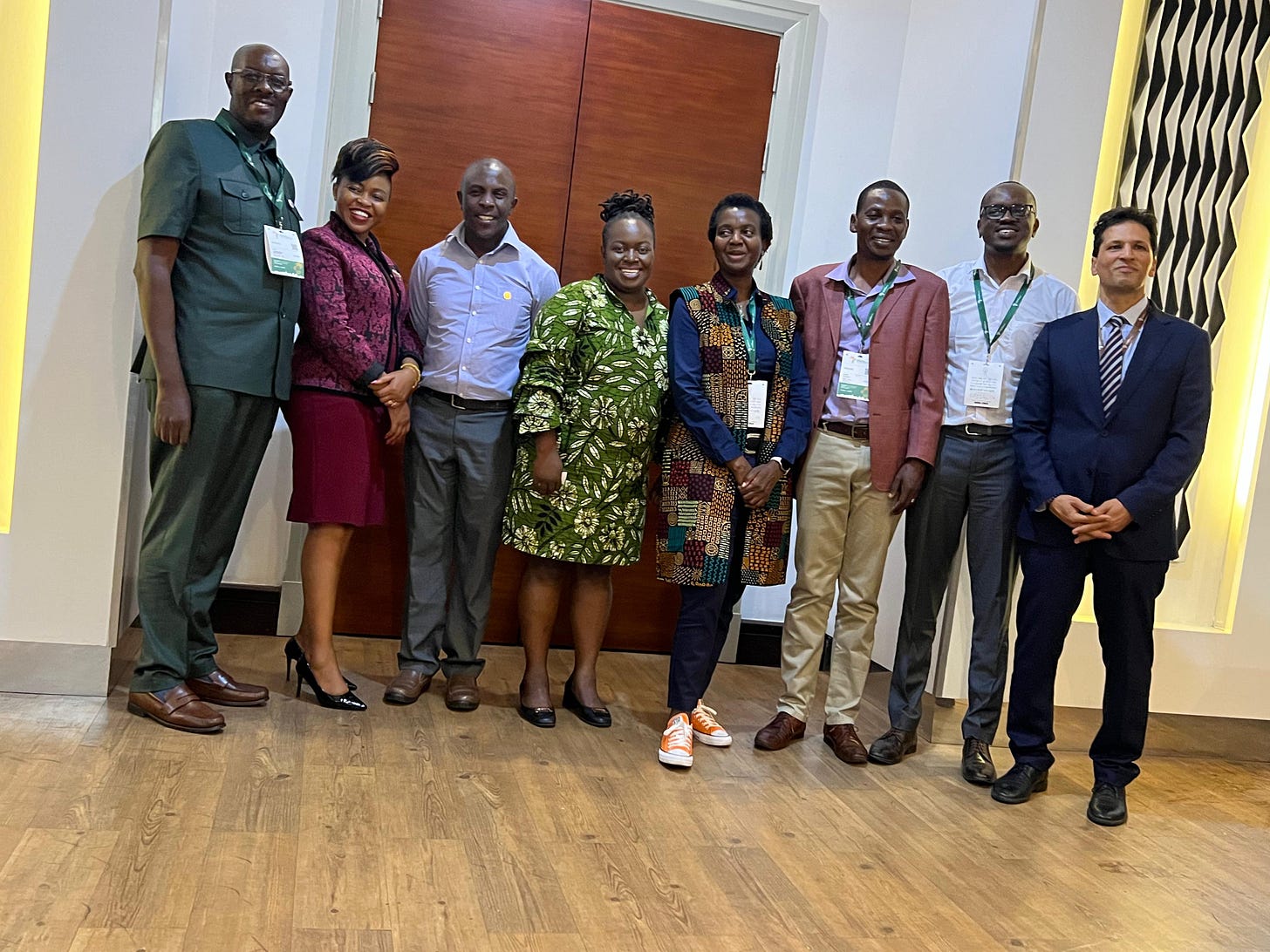African Leaders Urge Shift to Nature-Positive Food Systems at Summit
The event concluded with a call to establish a working group to harmonize the continent's food, climate, and biodiversity goals.
KIGALI, Rwanda— African leaders and experts called for a transition to nature-positive food systems at a side event of the Africa Food Systems Summit on Thursday, writes Winston Mwale.
The event, titled "Harmonising Actions: How Africa's Food Future Can Benefit People, Climate, and Biodiversity," was hosted by WWF and The International Food Policy Research Institute (IFPRI) in Kigali, Rwanda.
Nancy Rapando, WWF's Africa Food Systems Lead, highlighted the urgency of adapting to current and future challenges.
"Africa's food systems must adapt to current and future challenges driven by factors such as population growth, urbanization, and climate change," Rapando said.
"We need to shift away from 'business as usual' approaches and adopt nature-positive solutions that enhance biodiversity and ecosystem resilience while ensuring food security."
Key data presented at the event revealed that Africa's food systems account for up to 55% of land-use change emissions, primarily driven by cropland expansion.
Experts noted that smallholder farmers are the main force behind this expansion in sub-Saharan Africa, posing a significant threat to biodiversity hotspots.
Sedi Boukaka, CGIAR's Regional Coordinator for Nature-Positive Solutions, shared success stories from Kenya, where over 700 hectares of degraded land have been restored.
"Nature-positive food systems are not just about productivity but about restoring ecosystems," Boukaka said.
"Through adopting sustainable practices, we've seen remarkable improvements in biodiversity and soil health in Kenya."
Dr. Eric Mbeche, Director of the Food Program at WRI Africa, emphasized the importance of balancing productivity and conservation.
"Nature-positive practices are key to achieving food security without compromising biodiversity," Mbeche said.
"These approaches allow us to balance productivity and conservation, ensuring that agriculture drives growth and protects nature."
Dr. Leigh Ann Winowiecki, Global Research Leader at Soil and Land Health, stressed the need for integrated land-use planning.
"We must think holistically about how agriculture, land use, and biodiversity can coexist," Winowiecki said.
"Through land-sharing practices, we can ensure that agricultural expansion does not come at the cost of Africa's natural heritage."
Phillip Owiti Dinga, PACJA's Africa Climate Justice Policy Lead, highlighted Africa's potential to lead in sustainable food systems.
"Africa has the potential to lead the world in developing food systems that work for both people and the planet," Dinga said.
"We must invest in local solutions, empower farmers, and protect our natural resources."
The event concluded with a call to create a working group to harmonize the continent's food, climate, and biodiversity goals.
James Warner of IFPRI delivered closing remarks, stating, "By harmonising our actions, we can reshape Africa's food systems to create a future that is sustainable, equitable, and resilient. The decisions we make today will shape the future of our continent."




